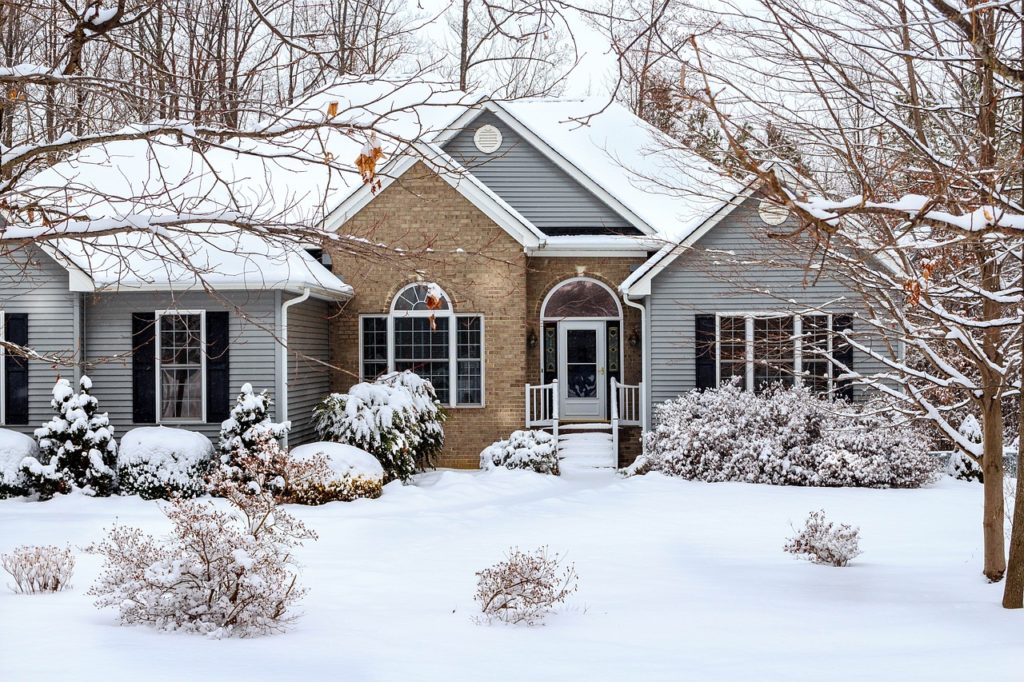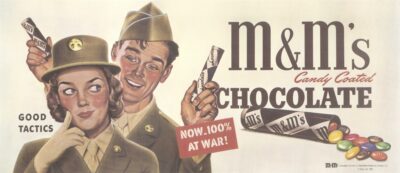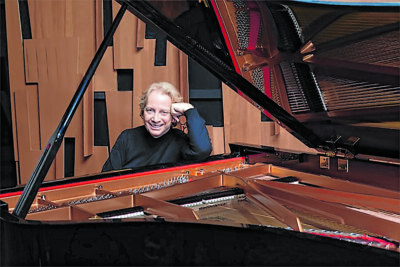 By Karen Tenenbaum
By Karen Tenenbaum
It is great to be able to spend the winter months in a warm climate and then return to New York in the summer to be with your children and grandchildren. While dual homes offer many benefits, they can also cause significant tax problems if you don’t know the rules.
If you have a primary residence outside of New York, but also own or use residential property in New York, you may be subject to a New York residency audit. This can result in a big tax bill because a New York resident must pay state income tax on all income, regardless of where it is earned. Nonresidents pay tax to New York State on only New York source income, such as wages or rental income earned in New York.
There are two tests for residency and either one can make you a New York resident. The first is the location of your domicile. Your domicile is the one place you intend to have as your permanent home. Auditors will look at several factors to determine your domicile, such as: What is the use, maintenance, value and size of your New York home as compared to that of the non-New York home? Where do you conduct your business activities? Where is your family residing? Where do you keep special items (photos, jewelry, pets, etc.)? How much time do you spend in New York as compared to your out-of-state residences? Other factors like where you have a driver’s license, register to vote and have bank accounts, won’t help you, but can be held against you. Remember, even if you do not spend significant time in the state, New York can still be considered your domicile.
If your domicile is not in New York, do you maintain a permanent place of abode and spend more than 183 days of the year in New York? Let’s say you moved to Florida, but you kept your New York house so you can freely visit. To determine if you are a New York resident for income tax purposes, auditors will check if you have a permanent place of abode in New York, defined as a residence (building or structure in which a person can live) that is maintained by the taxpayer and is suitable for year-round use. Even if others are using the place (relatives, renters, etc.), it could still be considered your abode under certain circumstances.
Next, you must meet the day count requirement. Generally, the rule is that a partial day counts as a full day, with some limited travel and medical exceptions. So even going to dinner in New York counts as a full day.
A residency audit is very document intensive and personally invasive. Typically, you have the burden to prove that you were not in New York. Auditors can look at your appointment calendars, credit cards, passports, phone bills, cell phone site data, mobile apps that track and record your location and other documents to determine whether you have met either of the tests for New York residency.
Unfortunately, if you’re not careful, you can lose out on some of the benefits of your second home. If you’ve received a New York residency questionnaire or are being audited, there are several options available for resolving your tax dispute. Contact a qualified attorney to assist you.
Karen Tenenbaum, Esq., LL.M. (Tax), CPA is Founder and Managing Partner of Tenenbaum Law, P.C. (www.litaxattorney.com), a tax law firm in Melville, which focuses its practice on the resolution of IRS and New York State tax controversies. Karen can be reached at ktenenbaum@litaxattorney.com and at 631-465-5000.



















